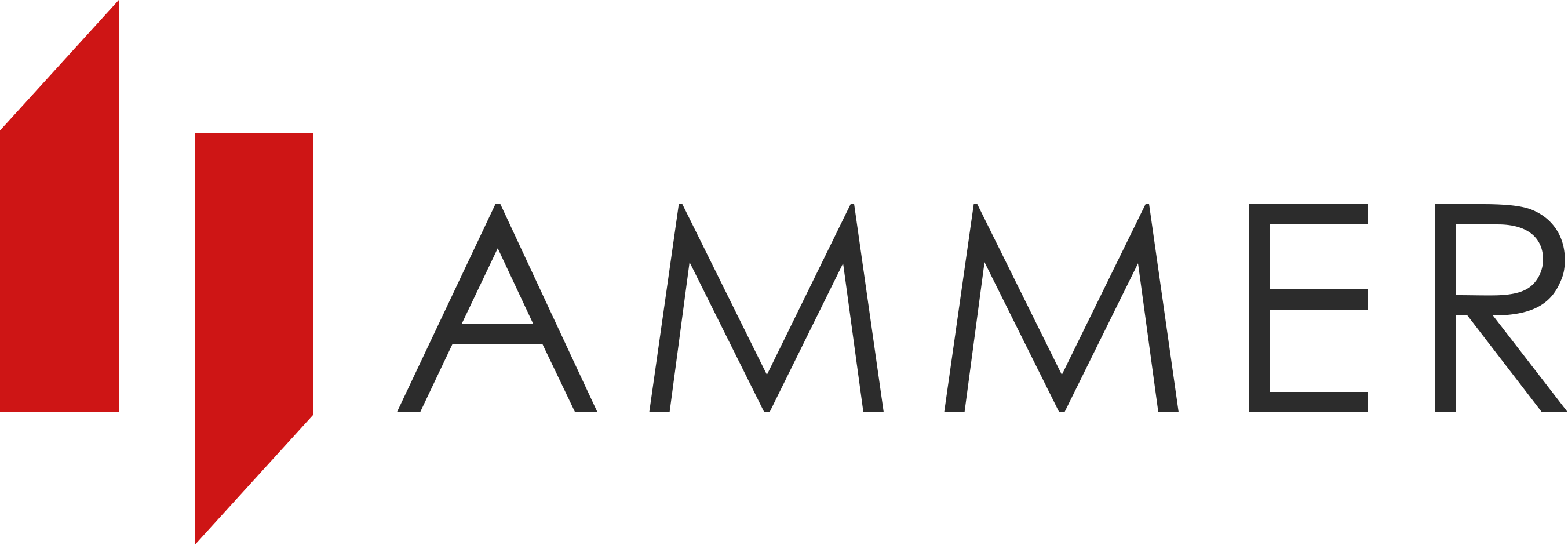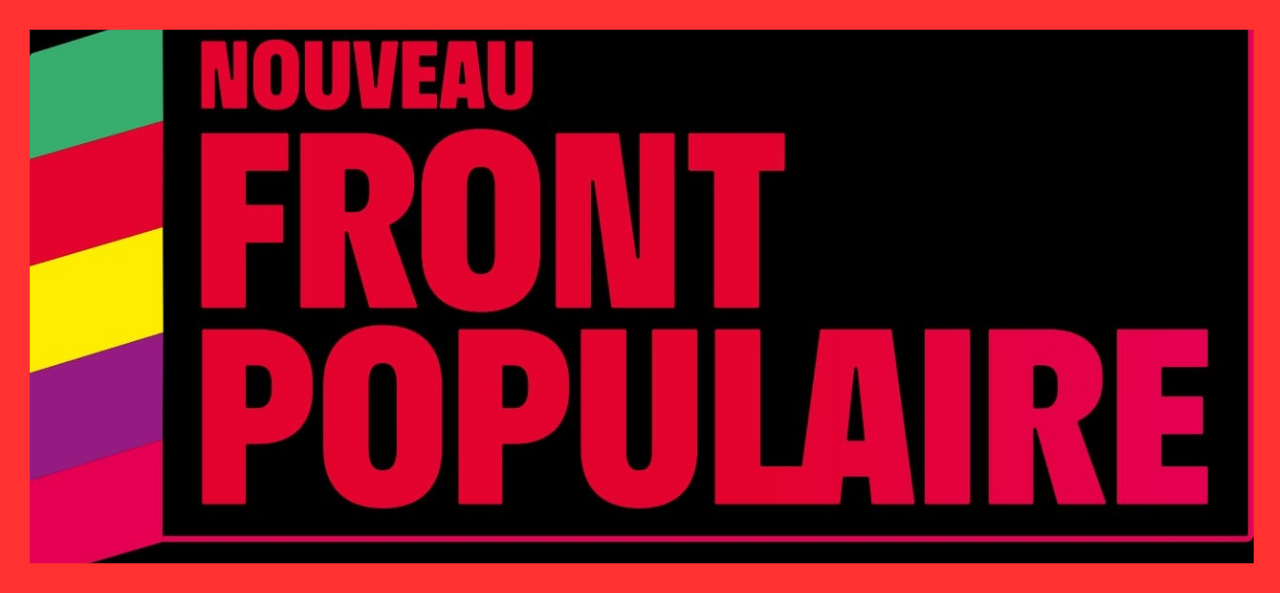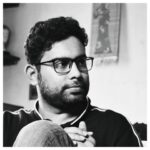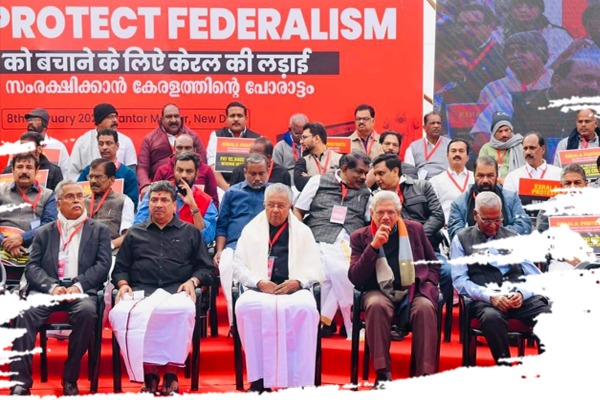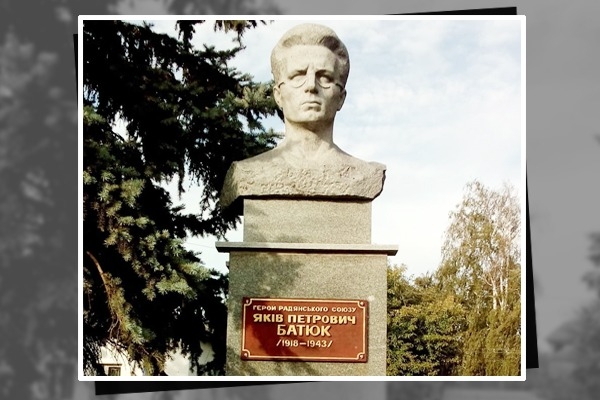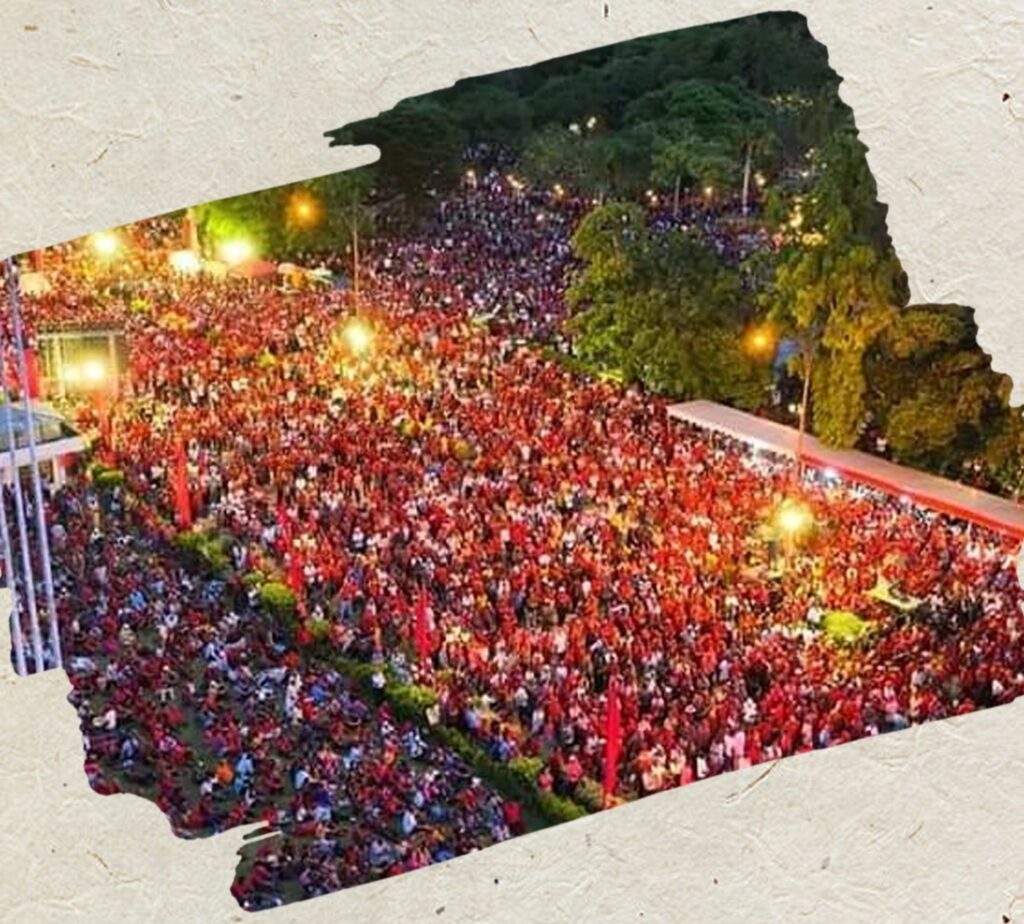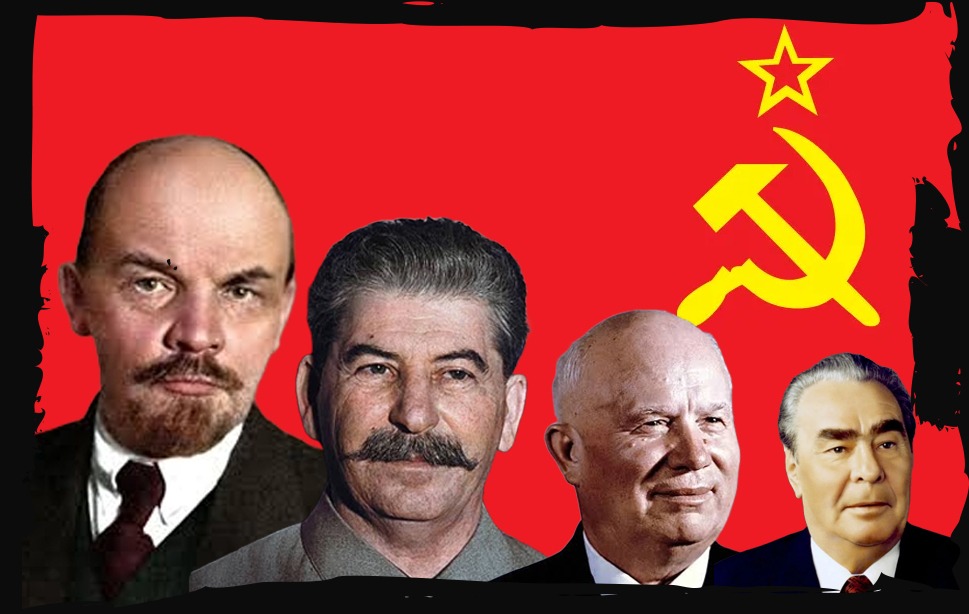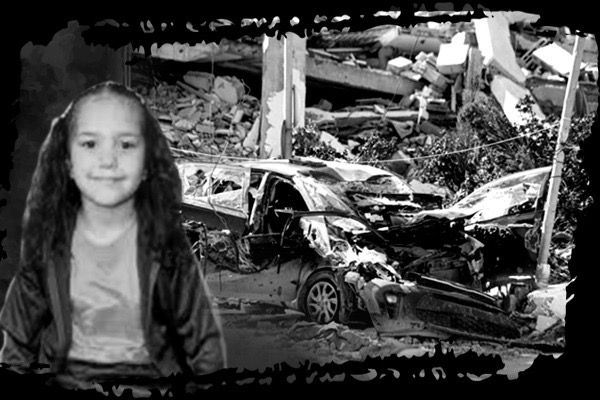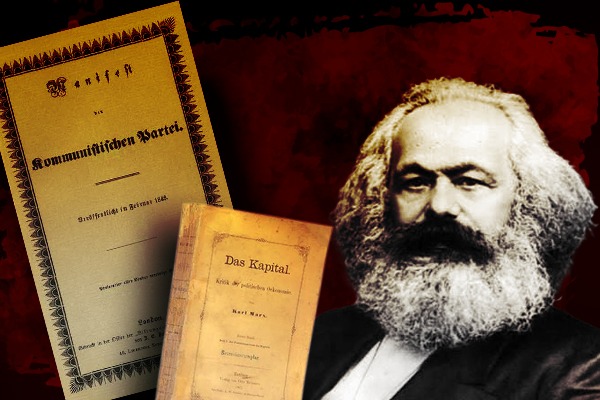The recent aggrandisement of Western Europe’s far-right politics just faced a significant setback in France. The left-wing alliance called New Popular Front (NPF) emerged as the largest force in the French parliament. They got 182 seats. President Emmanuel Macron’s centre-right coalition Ensemble followed with 162 seats. The far-right National Rally (RN), whose victory was wrongly foreseen by many as a certainty, ended up in the third position with 143 seats.
The course of this election has been impressively dramatic. After National Rally took the lead in 296 constituencies in the first round election on 30th June, more than 210 NPF and Ensemble candidates who qualified for the second round with more than 12.5% constituency votes in the first round stood aside to avoid splitting the second round votes against National Rally. This election also saw a record rate of voter turn-out. In short, from general voters to tactical politicians, everyone put together their efforts to keep the far-right away. That does not eliminate their differences and disagreements any bit and the hung parliament that results from this election will be witness to that.
For today however, thousands of people are celebrating the victory of the left alliance at the Place de la Republique in the heart of Paris. The red flag, the tricolour, and a number of colourful flags signifying various struggles of resistance around the world – from Palestine to Kurdistan – are seen waving on the Statue of Marianne.
A huge white banner partially covering the foot of the statue reads “France is a fabric of immigrants”, another reads “stop genocide”. Torches and fireworks are lit up to celebrate this surprise victory. Clashes between far-left activists and police have also been reported at Paris and other cities like Lille, Rennes, or Nantes. While the day of victory could have done without such instances of violence, the future of French politics is perhaps preparing to see the culture of street resistance further revived.
The main driver of this great success of the left in France was Jean-Luc Melenchon, his party ‘La France Insoumise’ (LFI) being the predominant member of the New Popular Front. Also on this front are the Socialist Party, the Communist Party (PCF) and the Ecologist Coalition. Melenchon has been labeled as ‘ultra-leftist’ by the mainstream media. Many call him the ‘Jeremy Corbyn of France’. After the election results, Melenchon said that the new government should recognize the state of Palestine as soon as possible. Needless to say, Corbyn congratulated the French left from Britain after the great success.
The ruling class of France was not mistaken in recognizing its chief enemy. Melenchon and his team have been giving them a headache for years. Whether La Pen’s far-right National Rally or President Emmanuel Macron’s centrist coalition Ensemble – Melenchon has been the main target of attacks. Even yesterday, after the results were announced, several leaders of the Ensemble said that the NPF must ensure that no far-leftist can become France’s prime minister so that the LFI does not lead France to far-left chaos. Even before the second round of elections, the leaders of the Ensemble said that they have no difficulty in reaching an understanding with other leftists except the LFI.
The most radical political force within the Popular Front is the LFI and its leader Melenchon. When many ‘Aristocratic Left’ forces hesitated to stand up for Palestine, seeking refuge in many ‘ifs’, ‘buts’ and ‘howevers’, Melenchon and his comrades raised the flag of Palestine with unhesitating determination. There was risk in that job. There was terrible media terror. There were egregious character assassinations, personal attacks, and of course, false accusations of anti-Semitism. Melenchon was not afraid. They could have become politically irrelevant. There would have been a huge power loss. But Melenchon faced everything head on.
It is true that the left-wing coalition has emerged as the biggest force, but the game is yet to be settled in France. It is not easy to get motions passed in a hung parliament. Clashes between leftists and extreme rightists are already breaking out on the streets. But the Palestinian flag is waving its bright colours in the victory festival, accompanied by the flag of the Kurdish revolutionaries. One can hear the International being played. Amidst all this, the shadow of 72-year-old Melenchon is getting taller and taller. Whoever becomes the Prime Minister, whatever the other members of the Popular Front side with, Melenchon will be on the streets, and in the Parliament too – leading the oppressed masses of France in the coming struggle.
